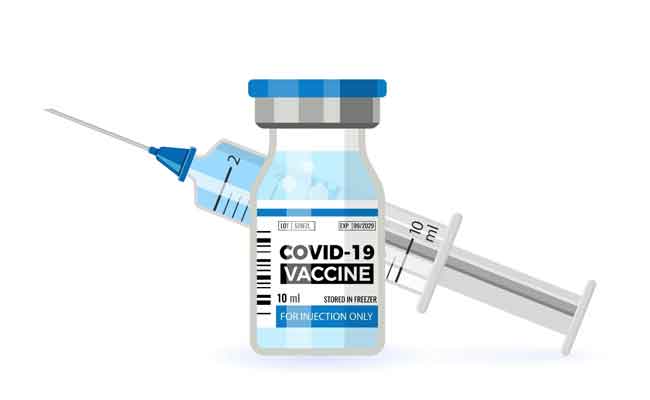Sex education in schools is an essential aspect of holistic learning that addresses the physical, emotional, and social development of students. With increasing exposure to media and technology, young people often receive fragmented or misleading information about sexual health. Implementing comprehensive sex education in schools ensures that students gain accurate knowledge, develop responsible attitudes, and understand the importance of consent, respect, and healthy relationships.
Importance of Sex Education
Sex education equips students with factual information about human anatomy, reproduction, contraception, sexually transmitted infections (STIs), and personal hygiene. It helps dispel myths and misinformation that can lead to risky behaviors. Moreover, it encourages open communication between students, teachers, and parents, fostering a supportive environment for discussing sensitive topics.
Impact on Society
The societal impact of effective sex education is significant. Firstly, it reduces the incidence of teenage pregnancies and sexually transmitted infections by promoting safe sexual practices. Secondly, it raises awareness about gender equality, consent, and personal boundaries, contributing to a reduction in sexual harassment and abuse. Communities with well-informed youth often witness healthier relationships, responsible behavior, and improved mental well-being among adolescents.

Promoting Healthy Relationships
Sex education also focuses on emotional intelligence and communication skills, helping students understand the dynamics of relationships. By learning about respect, consent, and empathy, students are better prepared to engage in healthy interpersonal interactions. This knowledge extends beyond personal relationships, influencing professional and societal interactions positively.
Challenges and Implementation
Despite its benefits, sex education faces challenges in implementation due to cultural taboos, conservative attitudes, and lack of trained educators. To overcome these hurdles, schools need to adopt age-appropriate, culturally sensitive curricula and involve parents and communities in the educational process. Teacher training programs and awareness campaigns can ensure accurate and effective delivery of information.
In conclusion, sex education in schools plays a crucial role in shaping responsible, informed, and confident individuals. Its impact extends beyond personal health to societal well-being, fostering safer communities, healthier relationships, and gender equality. By integrating comprehensive sex education into school curricula, society can empower its youth to make informed decisions, respect boundaries, and contribute positively to the future.
What is Virginity and How Do You Lose It
Gitanjali Rabindranath Tagore Books
![]()





